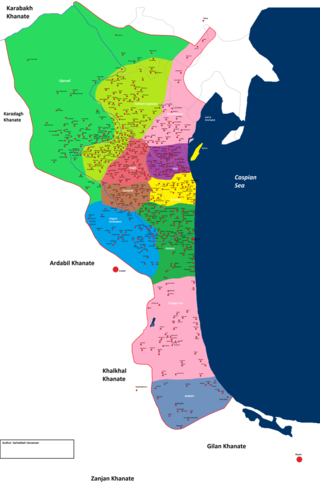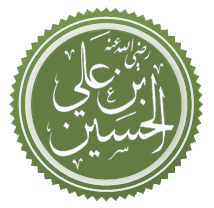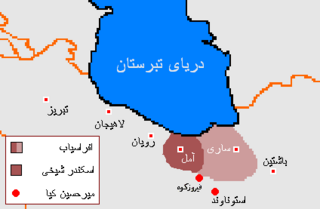See also
- Mir Hasani, a village in southern Iran
Mir Hasan is a village in Iran.
Mir Hasan may also refer to:
Hassan, Hasan, Hassane, Haasana, Hassaan, Asan, Hassun, Hasun, Hassen, Hasson or Hasani may refer to:

Urdu poetry is a tradition of poetry and has many different forms. Today, it is an important part of the cultures of South Asia. According to Naseer Turabi there are five major poets of Urdu which are Mir Taqi Mir (d.1810), Mirza Ghalib, Mir Anees, Allama Iqbal and Josh Malihabadi (d.1982). The language of Urdu reached its pinnacle under the British Raj, and it received official status. All famous writers of Urdu language including Ghalib and Iqbal were given British scholarships. Following the Partition of India in 1947, it found major poets and scholars were divided along the nationalistic lines. However, Urdu poetry is cherished in both the nations. Both the Muslims and Hindus from across the border continue the tradition.
Jalal al-Din is a male Muslim given name of Arabic origin, formed from the name Jalal with the suffix al-Din. It may also be written as Jalal ad-Din, Jalaluddin, Jalaleddin, Dželaludin and Djelaludin.
Mir was a Soviet/Russian space station.

Talysh Khanate or Talish Khanate was a khanate of Iranian origin that was established in Persia and existed from the middle of the 18th century till the beginning of the 19th century, located in the south-west coast of the Caspian Sea.

Mir Anvar Pashayev, known by his literary pen-name Mir Jalal, was an Azerbaijani writer and literary critic. He was the grandfather of Azerbaijan's current First Lady Mehriban Aliyeva.
Hamdani or al-Hamdani, may refer to:
Nigar may refer to:
Abu Al-Hasan, also transliterated Abu'l Hasan, is an Arabic kunya ('teknonym'). It may refer to:
Sikandar is the Persian rendition of the name Alexander. When the Greek king Alexander the Great conquered Persia, the Persians called him Sikandar, meaning "defender" or "warrior". It is a variant of Iskandar.

A marsiya is an elegiac poem written to commemorate the martyrdom and valour of Hussain ibn Ali and his comrades of the Karbala. Marsiyas are essentially religious.
Kalim Kashani (1581/1585-1651) was one of the leading Persian poets of the 17th century.
Dizaj or Dezej, also rendered as Dizeh or Dizach, may refer to:
Kalateh-ye Mir Hasan is a village in Balaband Rural District, in the Central District of Fariman County, Razavi Khorasan Province, Iran. At the 2006 census, its population was 89, in 22 families.
Mir Hasan is a village in Jalalvand Rural District, Firuzabad District, Kermanshah County, Kermanshah Province, Iran. At the 2006 census, its population was 143, in 30 families.

The Afrasiyab or Chalavi dynasty was a relatively minor Iranian Shia dynasty of Tabaristan and flourished in the late medieval, pre-Safavid period; it is also called the Kia dynasty. It was founded by Kiya Afrasiyab, who conquered the Bavand kingdom in 1349 and made himself king of the region. In 1504, Ismail I invaded Mazandaran and ended Afrasiyab rule of the region.
Hasan Teymur-e Olya is a village in Pir Taj Rural District, Chang Almas District, Bijar County, Kurdistan Province, Iran. At the 2006 census, its population was 550, in 128 families. The village is populated by Azerbaijanis.
Qaleh-ye Mir Hasan is a village in Hamaijan Rural District, Hamaijan District, Sepidan County, Fars Province, Iran. At the 2006 census, its population was 123, in 33 families.
Poshot is a village in Sand-e Mir Suiyan Rural District, Dashtiari District, Chabahar County, Sistan and Baluchestan Province, Iran. At the 2006 census, its population was 220, in 44 families.
A patu is a generic term for a club or pounder used by the Māori, the indigenous people of New Zealand.